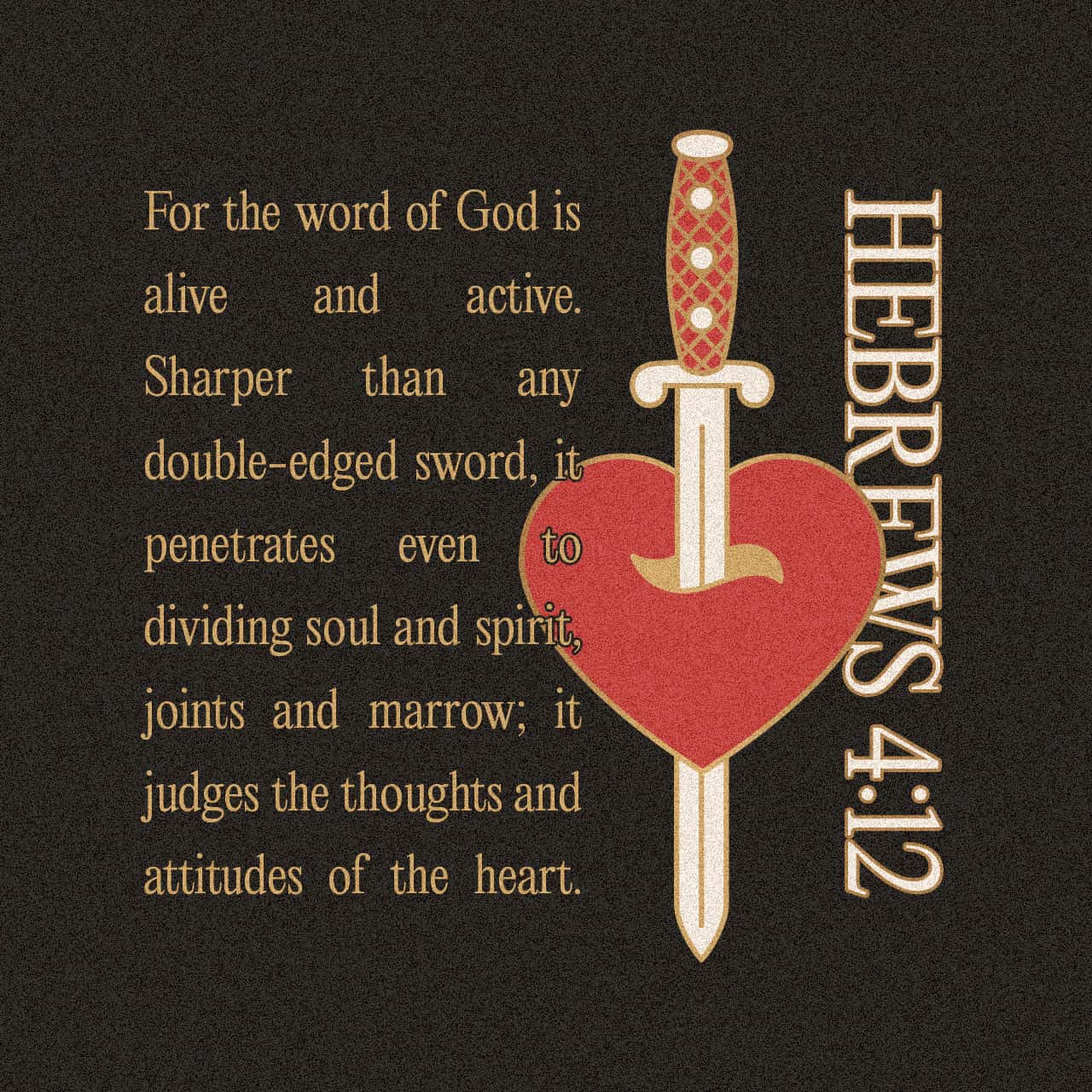THE SEED
“He that hath an ear, let him hear what the Spirit saith unto the churches” Revelations 3:6
According to 2 Peter 1:19-21, the Holy Spirit spoke through holy men of God certain words of life which were later documented as the Bible. This shows that the Spoken Word birthed the Written Word. To many Christians, that is the end of the matter. This should not be because the Holy Spirit is still speaking today. Whenever the Spirit speaks, never allow the words to go undocumented. This means you could document personal or family experiences in the faith and consult it regularly. Following this line of thought, Apostle Paul told his spiritual son Timothy, “This charge I commit unto thee, son Timothy, according to prophecies which went before on Thee, that thou by them mightiest war a good warfare”(1 Tim. 1:18). Every word of prophecy that is spoken into your life must be documented. Words of knowledge, words of wisdom, specific directions of the Spirit about particular situation or prophetic utterances through clean vessels must be documented. Since they are part of ‘every word proceeding from the mouth of the Lord’, you can hold on to them, stand on them, use them to fight and ask that they be established. Everything God has spoken to you should be documented as your personal ‘Bible’ or else you could forget, lose or truncate its purpose in your life. Never accept any prophecy from fake prophets!
BIBLE READING: Revelation 19
PRAYER: Let the living word of God dwell in me and my household Amen
ỌRỌ IYE (APA KEJI)
IRUGBIN NAA
“Ẹniti o ba li etí, ki o gbọ́ ohun ti Ẹmí nsọ fun awọn ijọ” Ifihan 3:6
Gẹgẹ bi 2 Pet. 1:19-21, Ẹ̀mí Mímọ́ sọ̀rọ̀ nípasẹ̀ àwọn ènìyàn mímọ́ Ọlọ́run àwọn ọ̀rọ̀ ìyè kan tí a kọ sílẹ̀ lẹ́yìn náà gẹ́gẹ́ bí i Bíbélì. Eyi fihan pe Ọrọ sisọ ni o bi Ọrọ kikọ naa. Lójú ọ̀pọ̀ Kristẹni, eyi jẹ òpin ọ̀ràn náà. Ko yẹ ki o jẹ bẹẹ, nitori pe Ẹmi Mimọ ṣi nsọrọ loni. Nigbakugba ti Ẹmi ba sọrọ, maṣe jẹ ki awọn ọrọ naa lọ laisi akọsilẹ rẹ. Eyi tumọ si pe o le ṣe igbasilẹ awọn iriri ti ara ẹni, tabi ti awọn ẹbi ninu igbagbọ ki o sí máà ṣabẹwo rẹ nigbagbogbo. Ní tí tẹ̀lé èrò yìí, àposítélì Pọ́ọ̀lù sọ fún Timotéù ọmọ rẹ̀ nípa t’ẹ̀mí pé: “Àṣẹ yìí ni mo fi lé ọ lọ́wọ́, Tímóteu ọmọ, gẹ́gẹ́ bí àwọn àsọtẹ́lẹ̀ tí ó ṣáájú rẹ̀, pé kí o ti ipasẹ̀ wọn jagun tí ó lágbára jù lọ, ogun rere kan.” (1 Tím 1:18). Gbogbo ọrọ asọtẹlẹ ti a sọ sinu igbesi aye rẹ gbọdọ ní akọsilẹ. Awọn ọrọ ti imọ, awọn ọrọ ọgbọn, awọn itọni sọna pato ti Ẹmi nipa ipo kan pato, tabi awọn ọrọ asọtẹlẹ nipasẹ awọn ohun elo mimọ gbọdọ jẹ akọsilẹ. Níwọ̀n bí wọ́n ti jẹ́ apá kan ‘gbogbo ọ̀rọ̀ tí ń jáde wá láti ẹnu Olùwà, ìwọ lè dì í wọn mú, dúró lórí wọn láti jà, kí o sì béèrè pé kí a fì idí wọn múlẹ̀. Ohun gbogbo ti Ọlọrun ti sọ fun ọ, jẹ ki o wa ni akọsilẹ bi “Bibeli” tirẹ, tabi bi bẹẹ kọ o le gbagbe, padanu, tabi pá eredi rẹ, rẹ ninu igbesi aye rẹ. Maṣe gba asọtẹlẹ èyíkéyìí lati ọdọ awọn woli eke!
BIBELI KIKA: Ifihan 19
ADURA: Jẹ ki ọrọ Ọlọrun gbe inu mi ati idile mi Amin.
